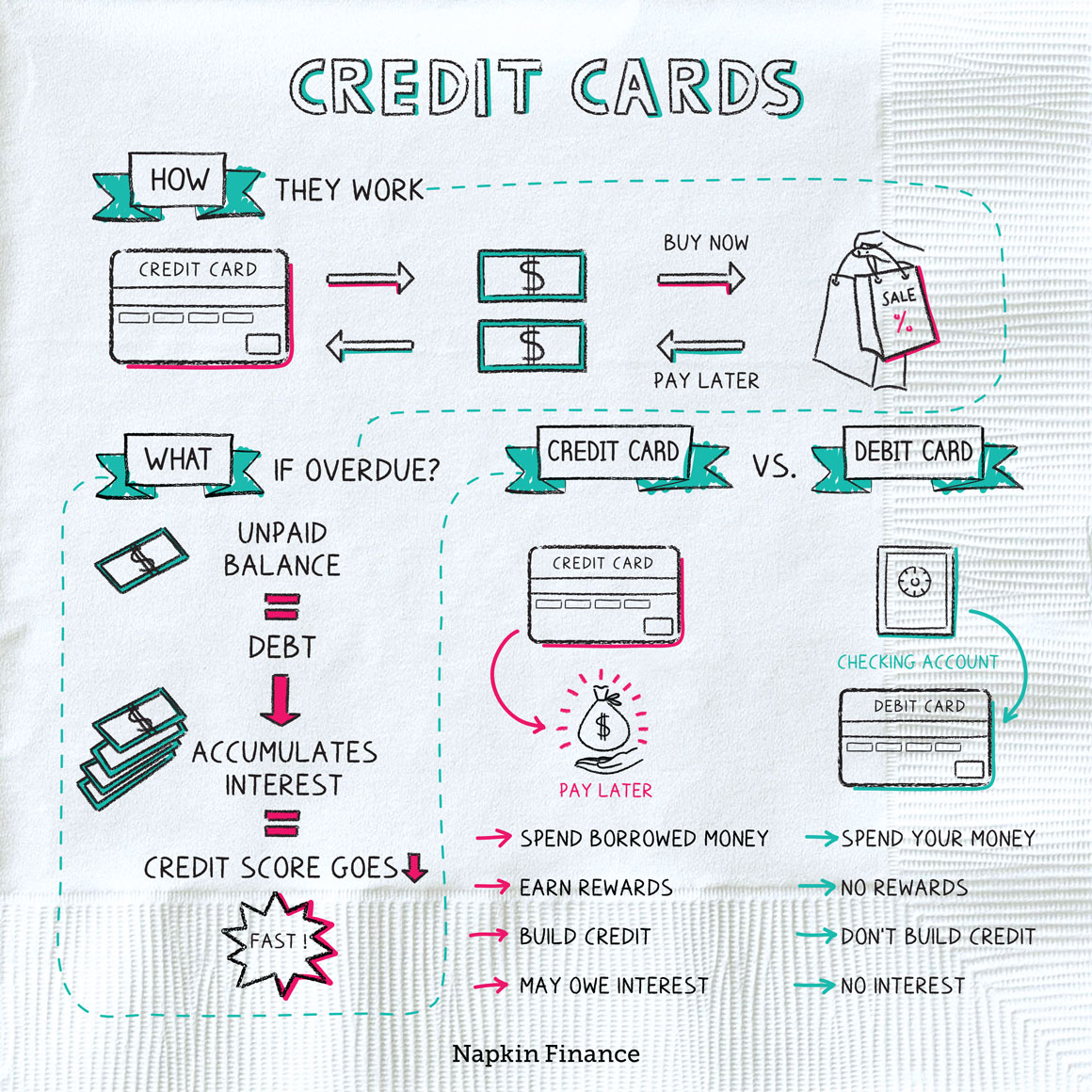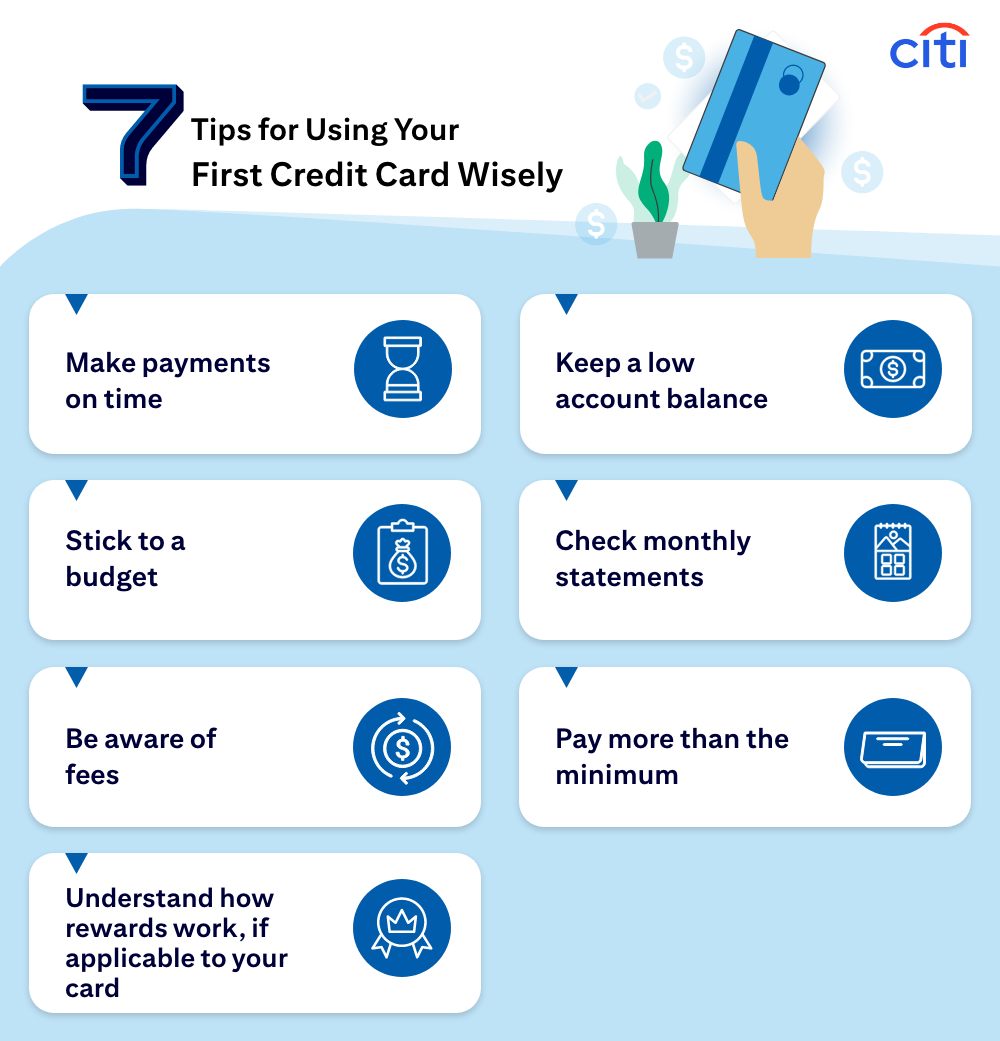Best Credit Cards for Beginners: A Complete Guide to Building Your Financial Future
Best Credit Cards for Beginners: A Complete Guide to Building Your Financial Future
:max_bytes(150000):strip_icc()/creditcard.asp-b8ba018266f64ff49216d2b919d8e280.jpg)
Starting your credit journey can feel overwhelming, but choosing the right credit card is one of the smartest financial decisions you'll make. Whether you're a college student, recent graduate, or simply new to credit, understanding which beginner credit cards offer the best value is essential for building a strong financial foundation.
In this comprehensive guide, we'll walk you through everything you need to know about selecting your first credit card, from understanding rewards programs to building excellent credit from scratch.
Why Your First Credit Card Matters
Your first credit card does more than just let you make purchases—it establishes your credit history, which affects everything from apartment rentals to car loans and even job applications. A well-chosen starter card can help you build credit responsibly while earning rewards on everyday spending.

Top Features to Look for in Beginner Credit Cards
No Annual Fee
When you're starting out, avoiding annual fees is crucial. Many excellent beginner cards charge $0 annually, letting you keep your account open indefinitely without worrying about yearly costs eating into your budget.
Rewards Programs That Make Sense
Look for simple cash-back structures or straightforward points programs. The best beginner credit cards offer 1-2% cash back on all purchases or bonus rewards in categories like dining, gas stations, and grocery stores.
Credit-Building Tools
Top issuers provide free credit score monitoring and automatic reviews for credit line increases. These features help you track your progress and grow your available credit over time.
Best Types of Credit Cards for Beginners
Secured Credit Cards
Secured cards require a refundable security deposit that becomes your credit limit. They're perfect if you have no credit history or are rebuilding credit. After demonstrating responsible use, many issuers will upgrade you to an unsecured card and return your deposit.

Student Credit Cards
Designed specifically for college students, these cards typically offer rewards on common student expenses like dining and entertainment. They don't require a security deposit and often provide educational resources about credit management.
Cash-Back Starter Cards
These unsecured cards are ideal for beginners with some credit history, offering simple flat-rate cash back on every purchase. They're easy to understand and maximize without juggling complex bonus categories.
How to Use Your First Credit Card Responsibly
Pay Your Balance in Full Every Month
This is the golden rule of credit cards. Paying your full statement balance by the due date helps you avoid interest charges while building excellent payment history—the most important factor in your credit score.
Keep Your Credit Utilization Low
Try to use less than 30% of your available credit limit. Lower utilization rates demonstrate to lenders that you're managing credit responsibly, which can boost your credit score significantly.
Set Up Automatic Payments
Never miss a payment by automating at least the minimum payment. Late payments can damage your credit score for years, so automation provides peace of mind and protects your credit health.

Common Mistakes First-Time Credit Card Users Make
Avoid these pitfalls that can derail your credit journey: carrying balances month-to-month and paying unnecessary interest, maxing out your credit limit, applying for multiple cards at once (which triggers hard inquiries), and closing your first card account once you upgrade. Keep that first account open to maintain a longer credit history.
Building Credit for the Long Term
Your first credit card is just the beginning. As you build positive payment history over 6-12 months, you'll qualify for premium cards with better rewards and perks. Many beginners start with a basic card and eventually build a strategy that includes multiple cards optimized for different spending categories.
The key is patience and consistency. Good credit doesn't happen overnight, but with responsible use of your starter card, you'll establish the foundation for excellent credit that serves you throughout your life.
Frequently Asked Questions
What credit score do I need for my first credit card?
Many beginner cards accept applicants with no credit history or scores as low as 580-620. Secured cards and student cards are specifically designed for those building credit from scratch.
How long does it take to build good credit?
With responsible credit card use, you can establish a good credit score (670+) within 6-12 months. Excellent credit (740+) typically takes 18-24 months of consistent positive history.
Should I get a secured or unsecured card first?
If you have no credit history, a secured card is often easier to qualify for. If you have some history as an authorized user or thin credit, you may qualify for an unsecured starter card with no deposit required.
Can I upgrade my beginner credit card later?
Yes! Most issuers will automatically review your account for upgrades after 6-12 months of responsible use. You can also request a product change to a better card within the same issuer's lineup.

Take Control of Your Financial Future Today
Choosing your first credit card is an important step toward financial independence and building wealth. By selecting a card that matches your spending habits, using it responsibly, and paying your balance in full each month, you'll establish excellent credit that opens doors throughout your life.
Ready to start your credit journey? Share this article with friends who need guidance on choosing their first credit card! Help others build their financial foundation by spreading this comprehensive guide on social media.